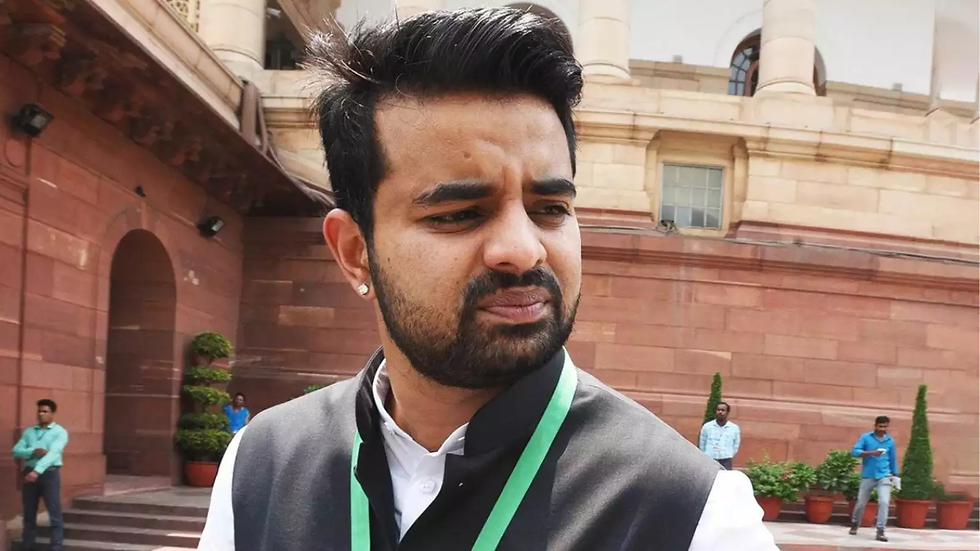What Will KCR Do Now, BRS Have Not Secured A Single Parliamentary Seat
- MediaFx

- Jun 6, 2024
- 2 min read
The Bharat Rashtra Samithi (BRS) has lost its parliamentary seat for the first time in its history. Ever since its inception, the party has maintained a presence in the Parliament, even securing victories for its founder K. Chandrashekar Rao (KCR) until 2014. However, the recent elections have turned the tide against BRS. What caused this drastic change?
KCR, believing in the power of political alliances, spread the Telangana ideology through both movements and elections. He resigned as Siddipet MLA in 2001 and won from there again. In 2004, BRS (then TRS) contested with Congress and won five MP seats. In 2009, it allied with TDP in the Mahakutami and secured two seats. After the formation of Telangana, BRS contested alone and won 11 seats in 2014. In 2019, it won nine MP seats. However, in the latest elections, BRS didn't secure even a single seat, losing deposits in eight constituencies, including sitting seats like Mahbubnagar, Chevella, and Zaheerabad.
In Malkajgiri, despite having seven TRS MLAs, BRS finished third. The vote percentage also plummeted from 41.29% in 2019 to 16.68%. The party is investigating the reasons behind this debacle. Following the assembly election defeat, the cadre's morale was low, and KCR's bus yatra impact didn't translate into votes. Discussions within the party revolve around voters not being convinced about why to vote for BRS in the parliamentary elections.
In the 2018 assembly elections, BRS won over 80 seats, but in the 2019 parliamentary elections, it was limited to nine seats. This highlights the challenge regional parties face in national elections. Despite renaming TRS to BRS for a national political presence, the recent assembly election loss has left KCR reconsidering his strategies.














































